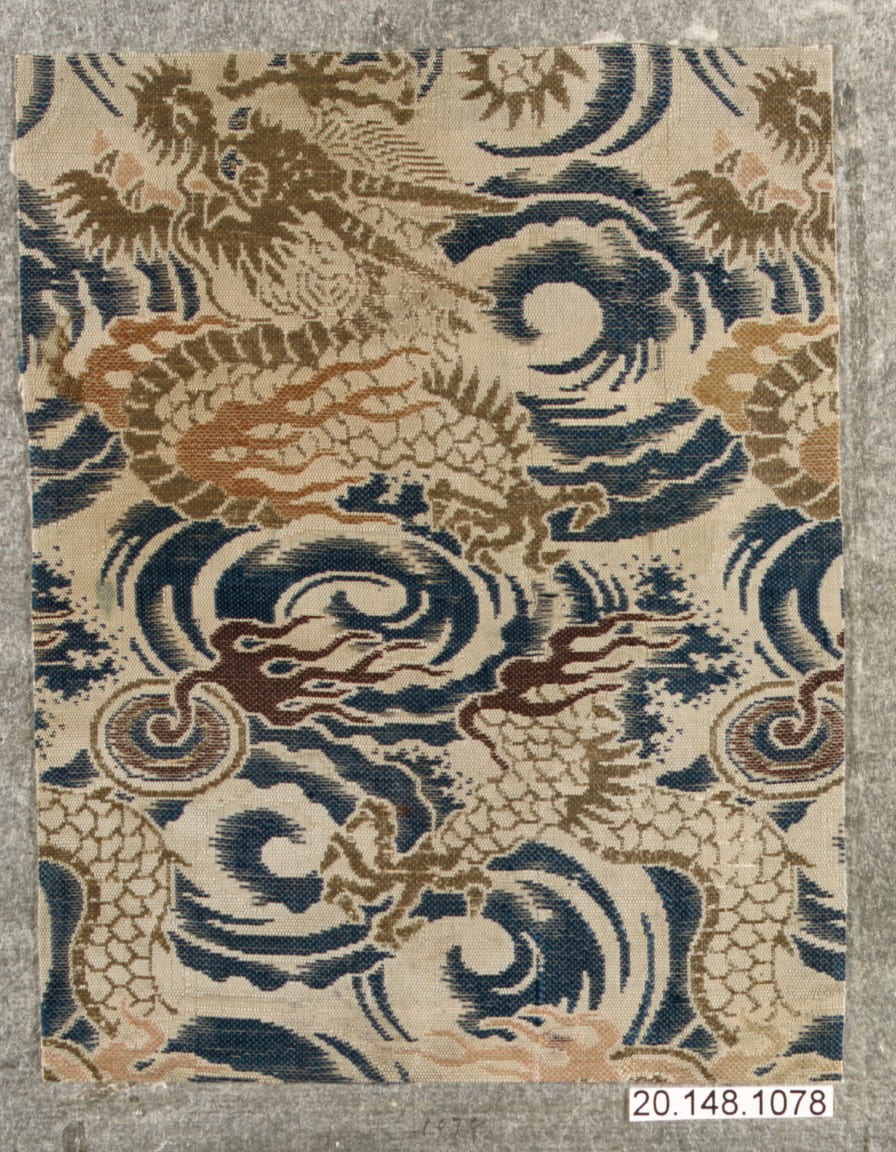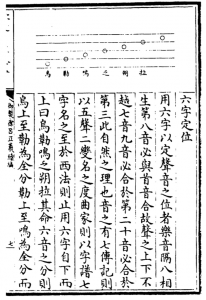Jonathan Henshaw
PhD Candidate, Department of History, University of British Columbia
“Remembering and Forgetting: Commemorations of the Second World War in Nanjing”
Thursday, November 16th 4:00-6:00 PM
John Hope Franklin Room [SSR 224]
Discussant: Kyle Pan, University of Chicago History Department
Please join the East Asia: Transregional Histories workshop in welcoming Jonathan Henshaw [University of British Columbia] as he presents his work-in-progress, titled “Remembering and Forgetting: Commemorations of the Second World War in Nanjing.” Mr. Henshaw provides the following abstract:
The manipulation of wartime commemoration in China by the CCP exists as a commonplace in English-language scholarship. Under the People’s Republic, the retreat of Maoism, contact with Taiwan and renewed (anti-Japanese) nationalism have indeed provided context for recent manipulation of wartime commemorations, but such accounts cut short much of the history of wartime commemoration in China by beginning only in the 1980s. Nanjing, as a former capital, has a large collection of monuments and relics that suggest a longer, more complex narrative. This paper marks an intervention in the literature by extending the history of Chinese wartime commemoration back to 1938, while the war still raged, and by setting the received national narrative of the war against the local record contained in commemorative sites in Nanjing and local accounts of the war. In doing so, it opens a productive space for considering the dynamic between local and national narratives, and also points to how efforts to commemorate the war have evolved in step with developments in China’s international relations. As Gail Hershatter has suggested of the practice of “speaking bitterness,” the post-war national narrative of resistance has China functioned more as a matrix that local or individual accounts must be recuperated within (or be forgotten), as opposed to an outright script. Drawing on newspaper reports, steles and Chinese secondary sources dealing with Nanjing, this paper traces the history of wartime commemoration to its earliest iteration in the wartime era, when collaborationist Nanjing politicians were faced with the task of mourning the dead in a city that was both under Japanese occupation, and still reeling from the 1937 Nanjing massacre. Following the war, Chiang Kai-shek’s victorious Nationalists returned to Nanjing and appropriated the site of a former Japanese Shinto shrine for use as a museum that advanced their own triumphalist narrative of resistance. The establishment of the PRC in 1949 greatly reduced such public commemorations, which fit uneasily within the reigning anti-imperialist framework, but did not entirely eliminate them. Instead, wartime commemoration was refashioned into the reigning paradigm of anti-imperialism. In 1960, when historians in Nanjing took up a formal research project on the Nanjing massacre, it was within this framework that they portrayed the war. Their work, published only in 1979, castigated Japanese brutality and Western complicity, but their anti-imperialist framework soon gave way to the more familiar rhetoric of Chinese victimhood that has taken hold in the post-Mao era. These successive revisions not only highlight the ways in which local experiences of the war have been re-worked within a national framework but also point to the malleable nature of a history that is often presented as above question in China.
Jonathan’s paper can be found in the post below.
As always, first-time attendees are welcome. Light refreshments and snacks will be served.
If you have any questions or require assistance to attend, please contact Spencer Stewart at sdstewart@uchicago.edu or Robert Burgos at rburgos@uchicago.edu

